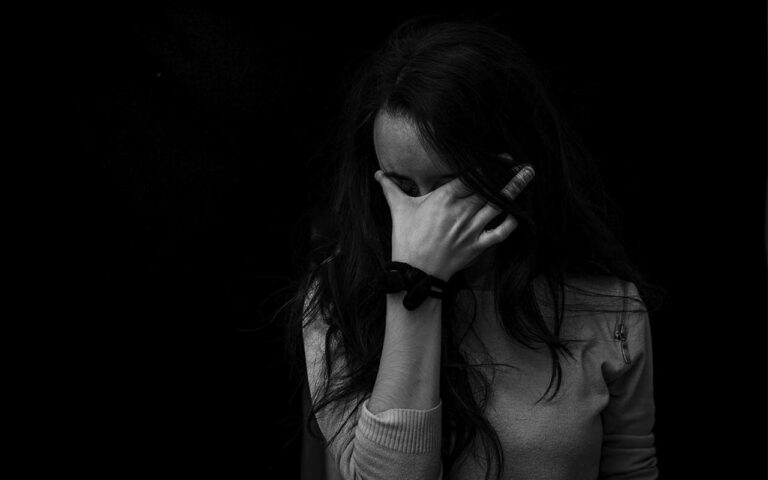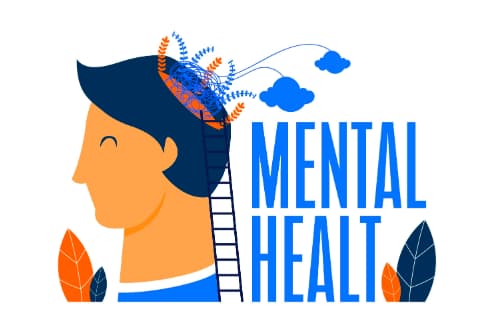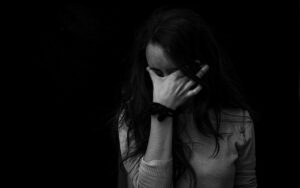Fear is a very useful thing for survival, but not always useful for modern humans. Unlike animals, we have imagination. Many consider this ability to be the main reason for the development of civilization and human dominance on the planet.
We are able to imagine in detail not only terrible events that can happen, but also our feelings at the same time. However, this same imagination can turn our fears into experiences and cause anxiety disorders.
It is quite normal to worry. Anxiety is a strong emotion that occurs when a person perceives danger. Unlike other strong feelings, anxiety is always associated with fear, conscious or unconscious. Whether the threat is real or imaginary, our brain does not care.
The signaling mechanism of anxiety, fueled by fear, is the basis of the instinct of self-preservation and is responsible for our safety. Anxiety mobilizes the body: it throws adrenaline and norepinephrine into the bloodstream, pumps blood into the muscles, fills the lungs with air, and increases blood pressure. It makes you run first and then think, while turning off everything unnecessary, including some parts of the human brain.
To distinguish between normal anxiety and a disorder, we need to differentiate between our experiences.
Useful experiences
- Realistic and reasonable
- Associated with a clear and high risk
- Help to mobilize and overcome difficulties
- Lead to concentration and energy
- Time-controlled and short-term
- Do not interfere with life
Harmful experiences
- Unrealistic, far-fetched, distorted
- Associated with low risk, exaggerated
- Take a person into the virtual reality of their experiences
- Energy is spent on worrying, not on solving the problem
- Difficult to control in time and last for a long time
- Interfere with life and functioning
Emotional symptoms of anxiety disorder
- Constant feeling of danger, fear
- Problems with concentration
- Restlessness, impatience
- Expectation of the worst
- Irritability
- Searching for signs of danger
- Devastation
- Overwhelm
Behavioral symptoms of anxiety disorder
- Inability to relax, enjoy peace, be yourself
- Difficulty concentrating
- Procrastination, putting things off for later
- Tendency to be alert
- Excessive thoughtfulness
- Loss of trust in life and people.
- Avoidance of situations that may cause anxiety







